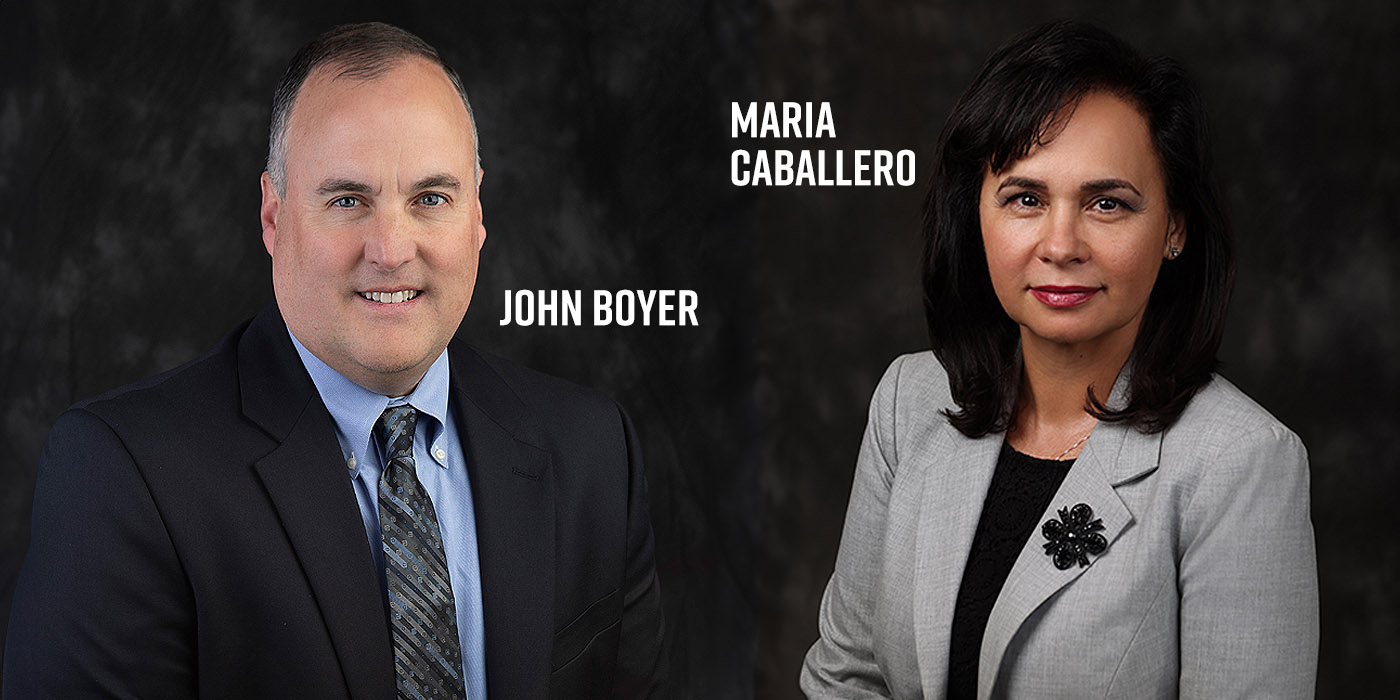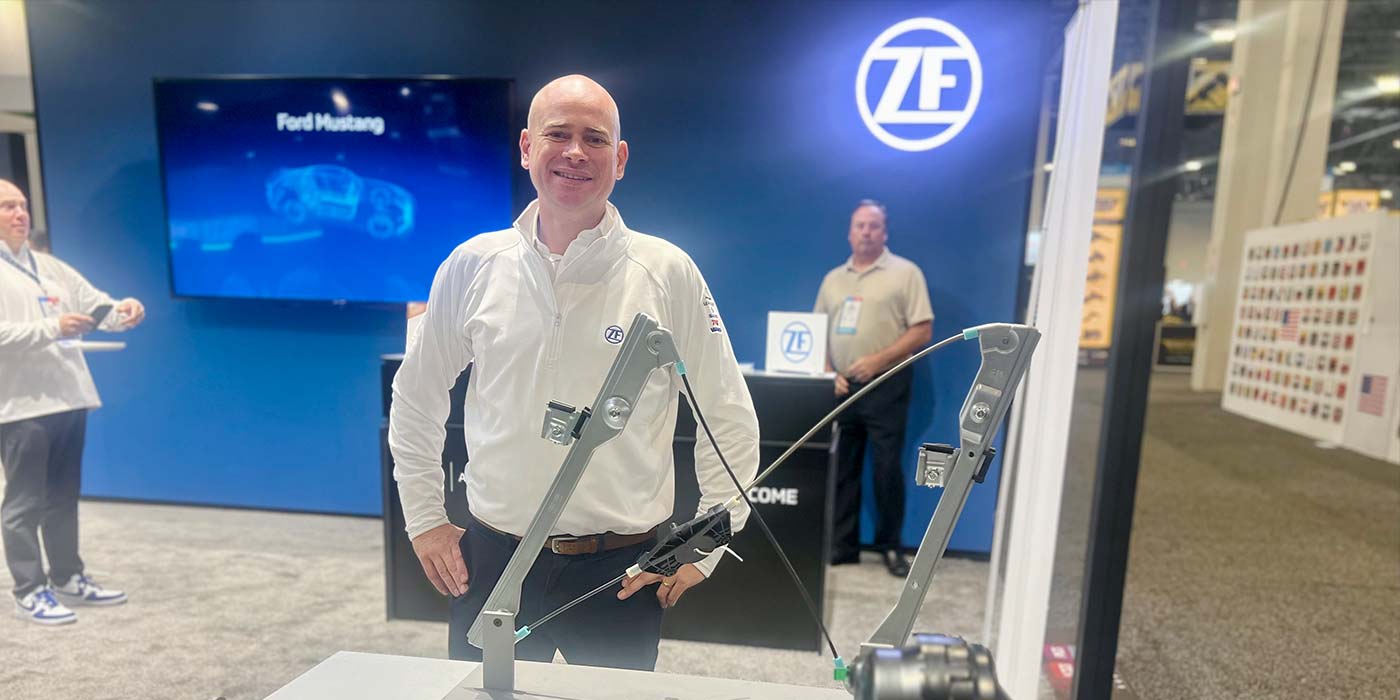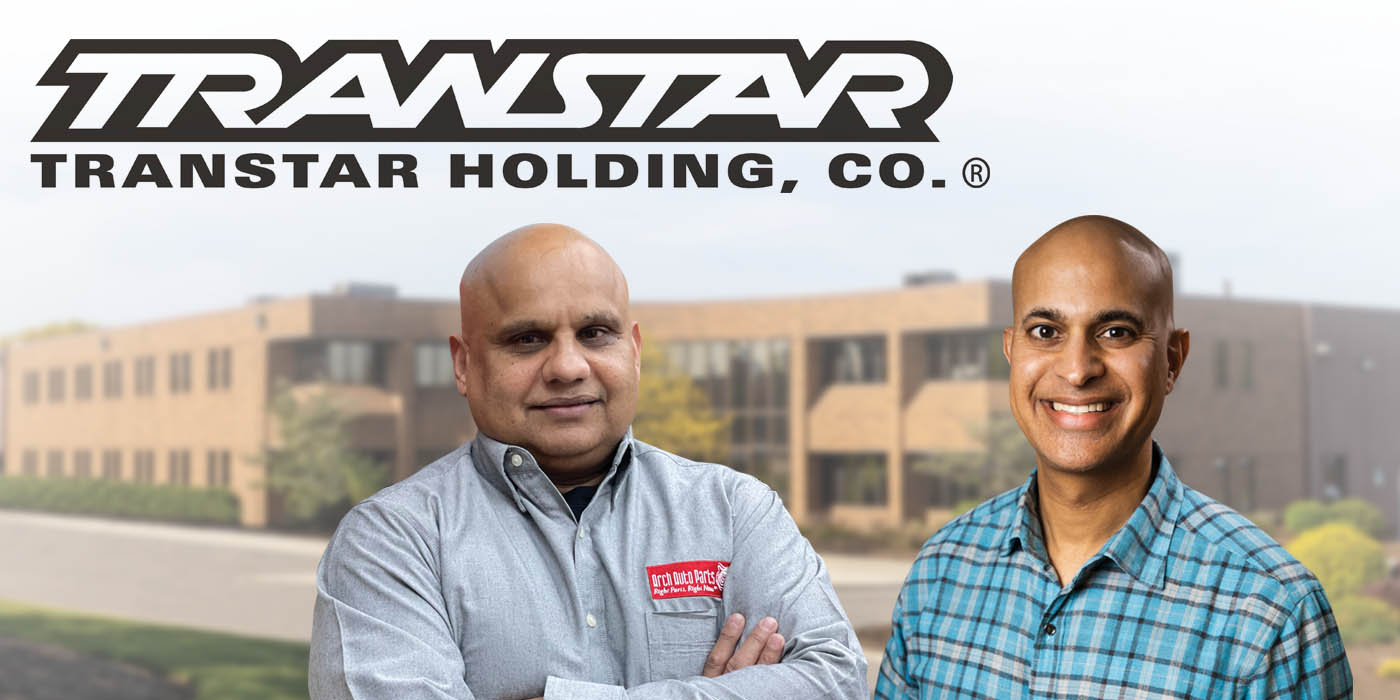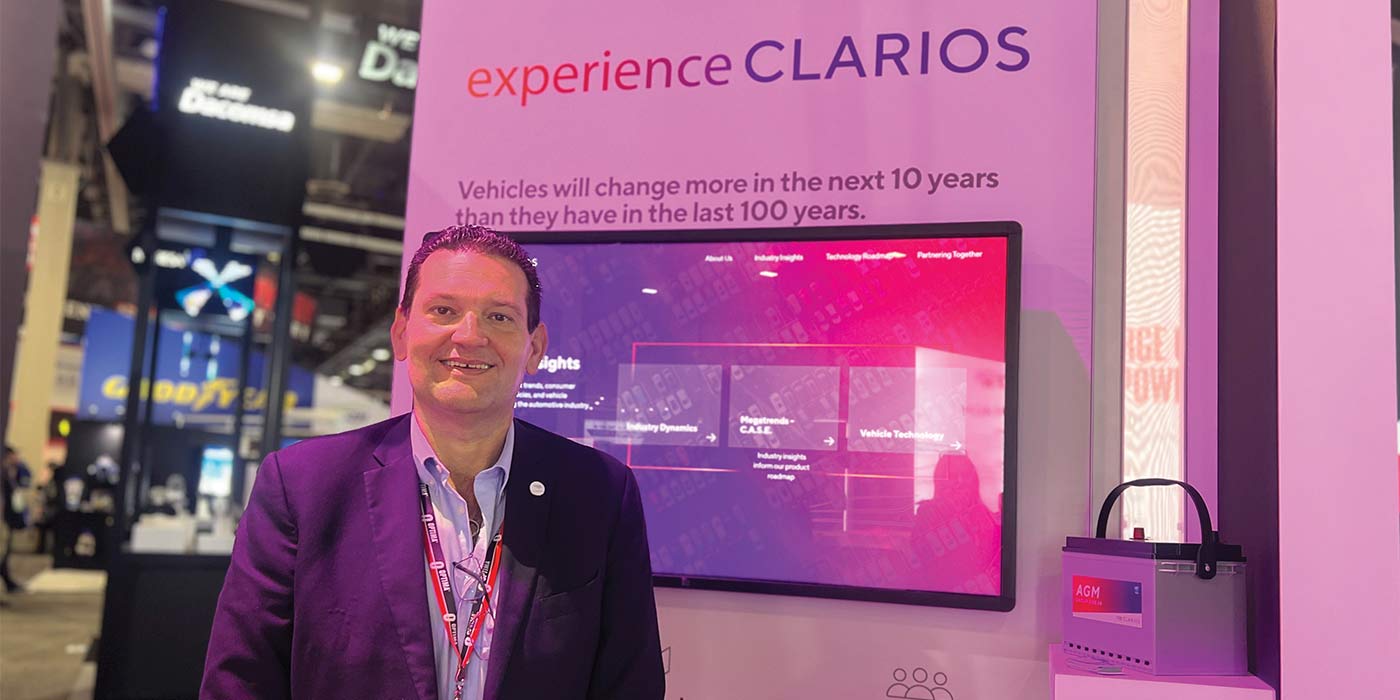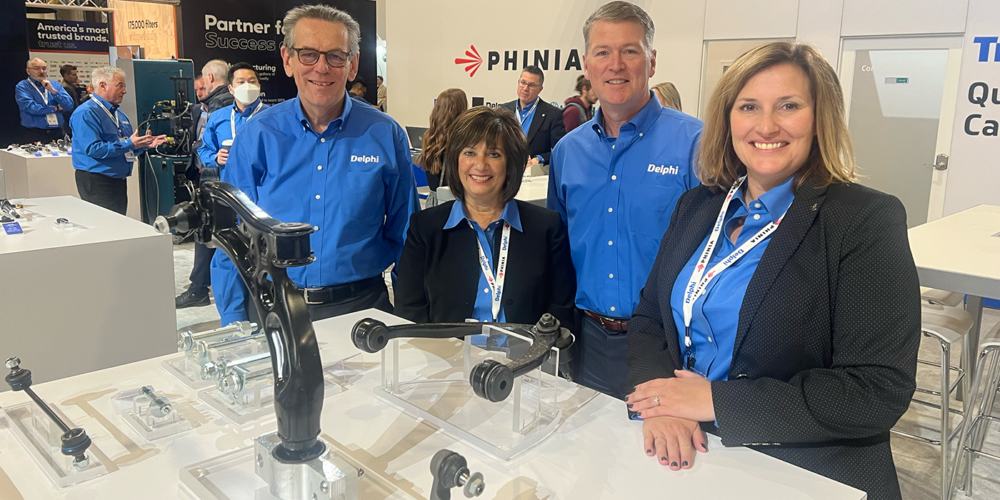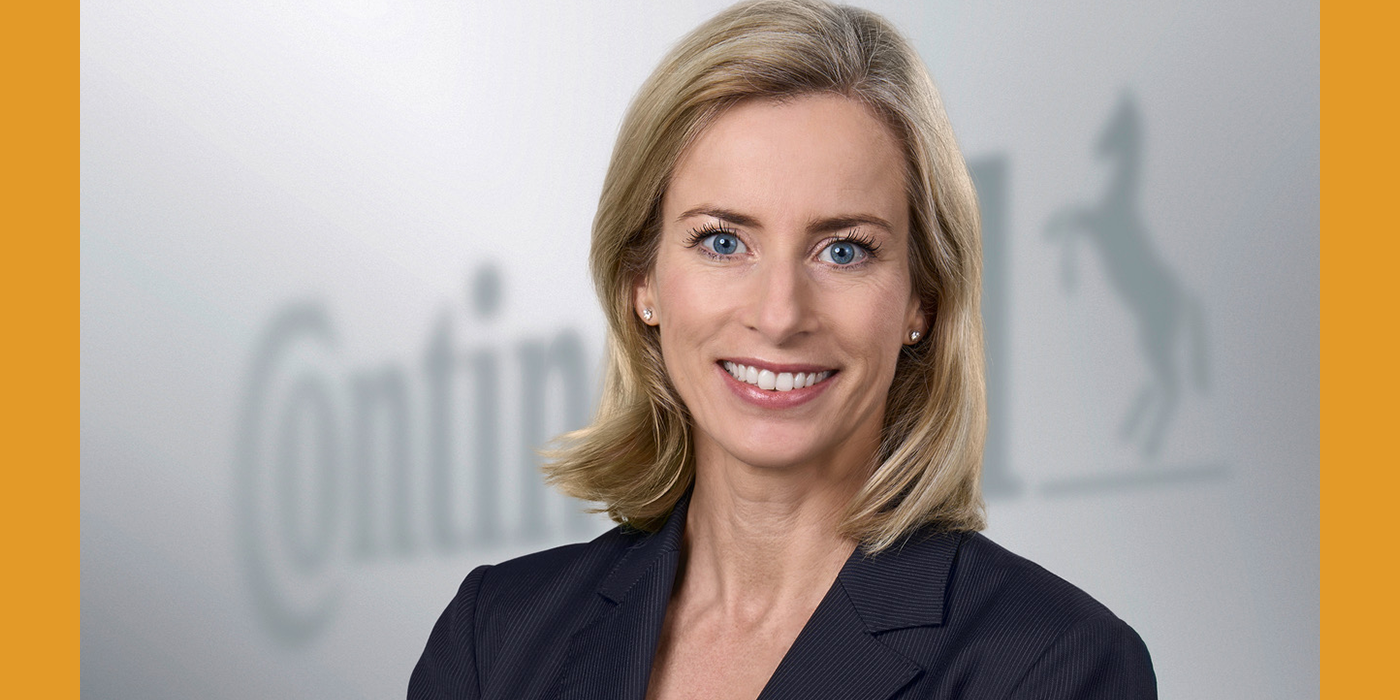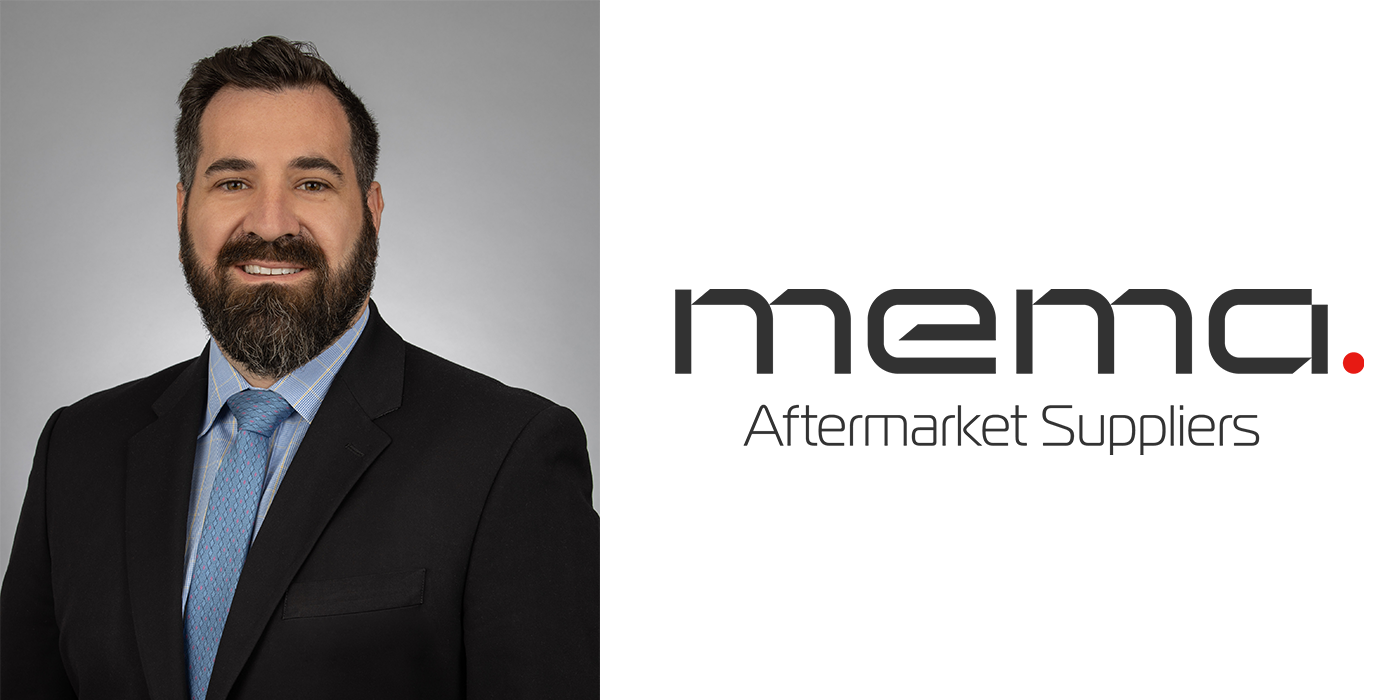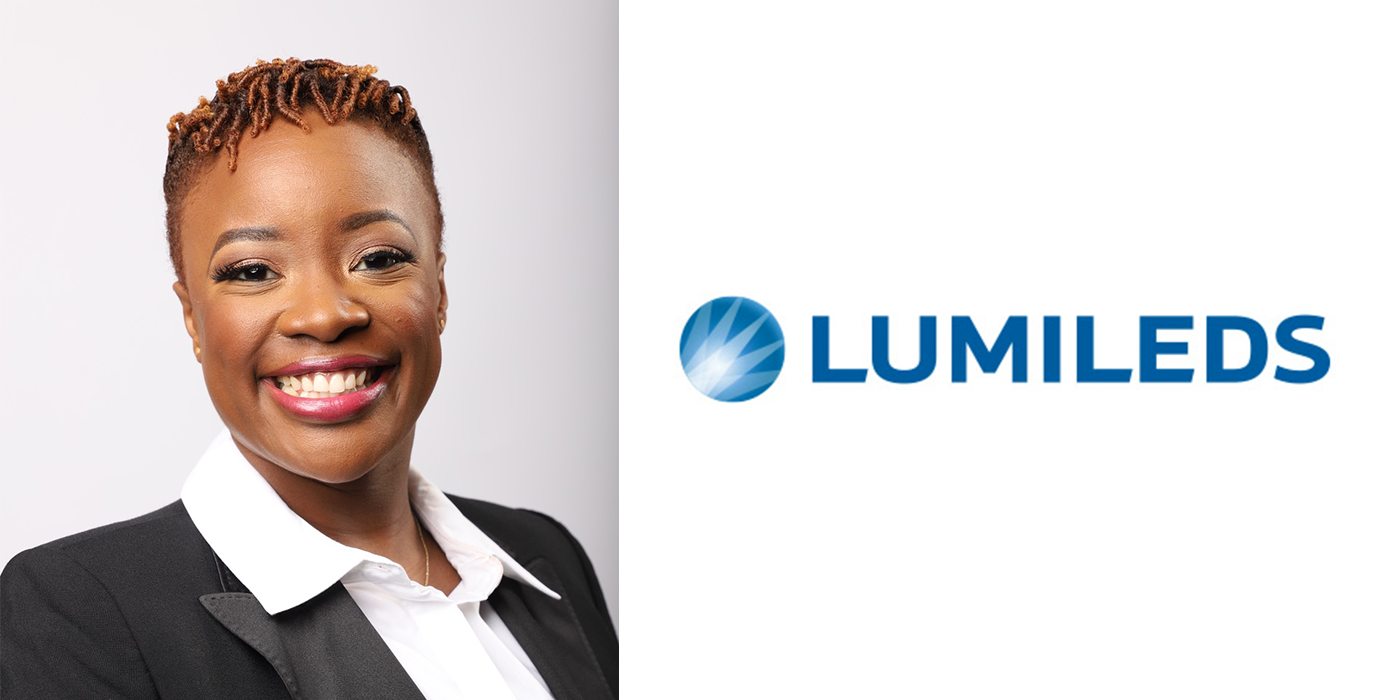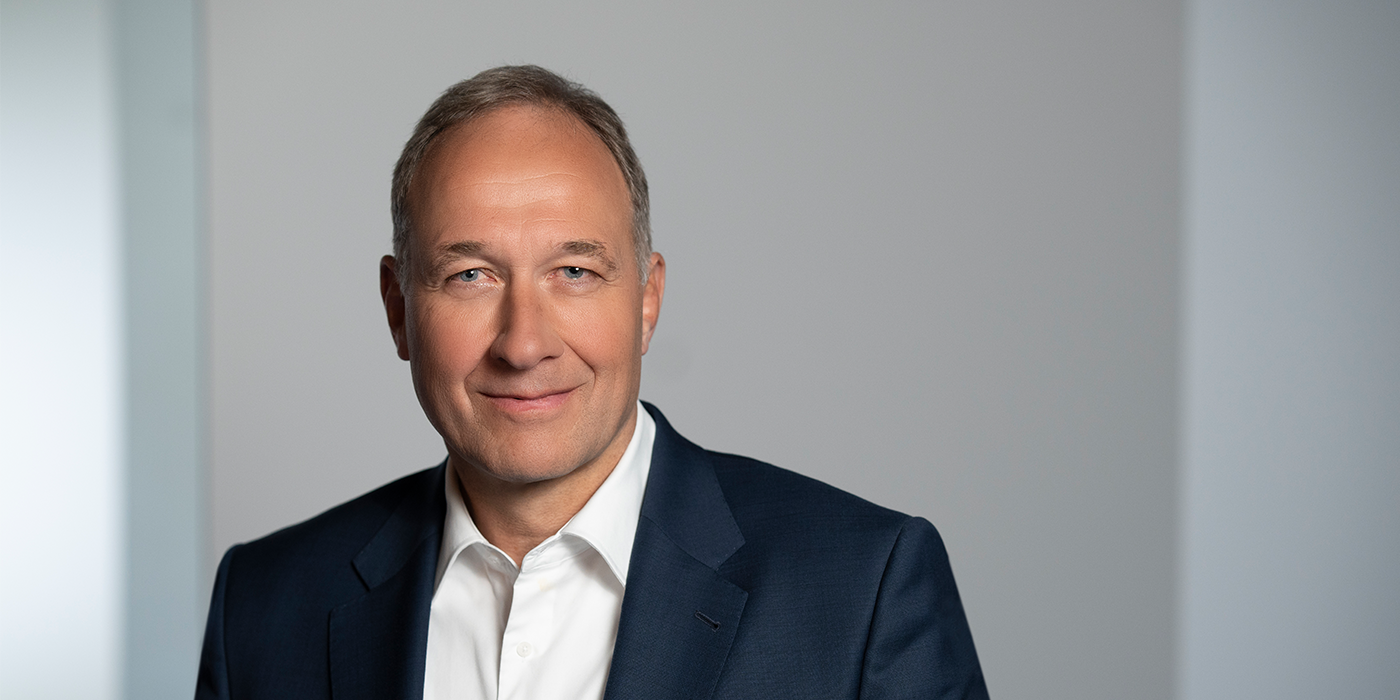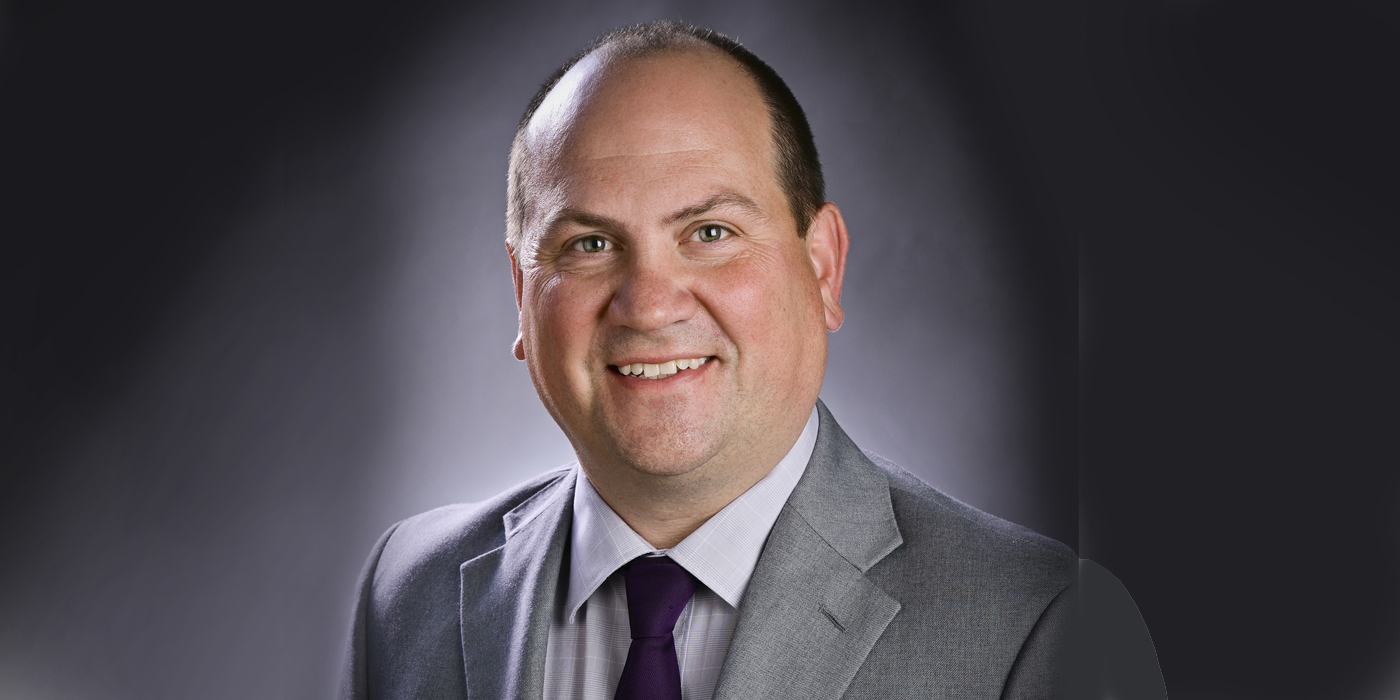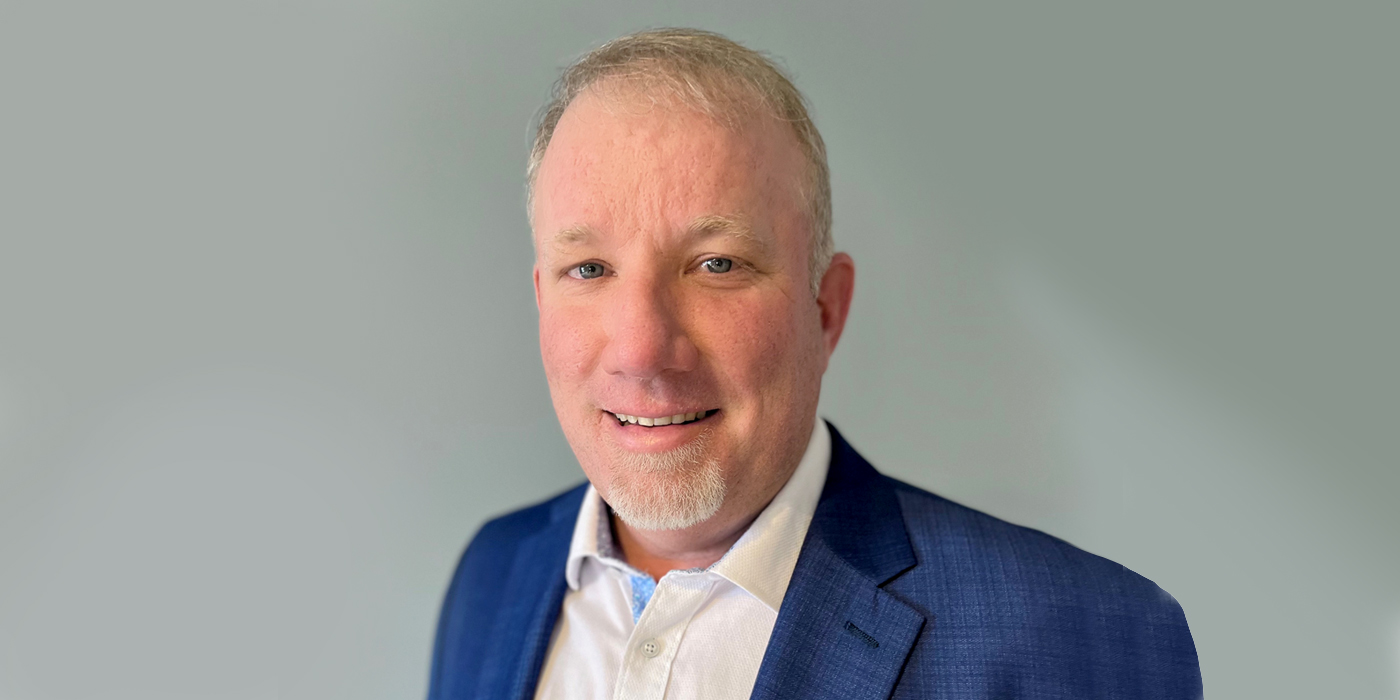Scott Stolberg is president and CEO of AAEQ Manufacturers and Recyclers, a company that provides leadership in the automotive remanufacturing, manufacturing and recycling industries.
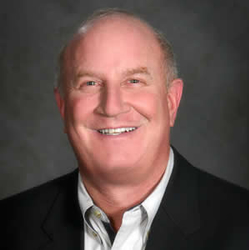 Stolberg graduated from Indiana University in 1982 with a B.S. degree in finance. He joined the family business in 1984 in Chicago, after working in the insurance industry from 1982 to 1984. Stolberg moved to Los Angeles in 1986 to help open the company’s west coast distribution center and then relocated the west coast headquarters to Las Vegas in 1992. He was also involved in the establishment of EngineQuest (EQ Engine Parts) in 1987, the company’s engine parts division that manufactures unique problem solving parts for engine builders and race enthusiasts.
Stolberg graduated from Indiana University in 1982 with a B.S. degree in finance. He joined the family business in 1984 in Chicago, after working in the insurance industry from 1982 to 1984. Stolberg moved to Los Angeles in 1986 to help open the company’s west coast distribution center and then relocated the west coast headquarters to Las Vegas in 1992. He was also involved in the establishment of EngineQuest (EQ Engine Parts) in 1987, the company’s engine parts division that manufactures unique problem solving parts for engine builders and race enthusiasts.
In 2004, Stolberg led the company in the development of its full-service scrap metal division in Las Vegas under the AAEQ banner. Stolberg jointly operates the company with his brother, Billy, president and COO, who heads the company’s Midwest headquarters in Chicago.
Stolberg is active in the Las Vegas area community. He is currently serving as president of the Rotary Club of Las Vegas (Fremont). He is also past president of Congregation Ner Tamid. During his term as president, he was instrumental in the sale of the congregation’s existing building and helping raise $20 million toward building a new campus.
Join us as Stolberg brings us up to speed on the AAEQ business as well as changes in the reman industry.
For our readers who aren’t familiar with AAEQ, please give us a brief history of the company and how the business works.
AAEQ is a family owned company that started in 1949 as A & A Midwest in Chicago. The company was founded by my dad, Aaron, and my uncle, Alex Stolberg, thus the name AA Midwest. My father still works in the business with me here in Las Vegas. He is now 82. Alex passed away several years ago.
My dad and uncle were introduced to the business through relatives after World War II and initially they were involved in buying generators and starters. They were the first products rebuilt. Eventually they got into engines and were known as “the engines guys in Chicago.” So we’ve been family owned and operated for nearly 60 years. Engine cores have been the foundation of our business and over the years we’ve grown into the areas of manufacturing, remanufacturing and recycling.
Significant milestones for our company include the founding of EngineQuest (EQ) in 1987. EQ was started to manufacture engine parts that either make one core work in another application or to replace a hard-to-find or hard-to-salvage part. In 2004 we started a scrap metal division in Las Vegas to become one of the only companies in the area involved in full-service processing of scrap metal, both ferrous and nonferrous. That business has experienced tremendous growth these past four years.
My brother, Billy, heads up the operations in Chicago while I run our Las Vegas operations.
Please explain the relationship between AAEQ, AA Midwest and Engine Quest (EQ) and where are you seeing the most growth in your business?
AAEQ Manufacturers and Recyclers is the umbrella name for our company. AA Midwest and EQ serve as the two unique divisions of our company. We sell new, remanufactured and reclaimed engine parts under our EQ brand. We operate our engine and transmission cores business and our automotive recycling business under our AA Midwest banner. Our recycling yard in Las Vegas operates under AAEQ Manufacturers and Recyclers.
The largest growth area for AAEQ has been in the recycling area. Earlier this year we opened a new automotive recycling facility in Blue Island, Ill. The facility has significantly increased our capacity to dismantle vehicles and export complete engine, drive train systems and body components to developing countries. So far we have been able to increase the number of vehicles processed from 40 to 200-250 per month. And, we have the capacity to grow this facility to 500 vehicles per month.
With the high demand for scrap metal, we have also seen a significant increase in business at our Las Vegas metal recycling facility.
How have rising commodity prices impacted your business? Is this creating more of a challenge or more of an opportunity for AAEQ and the markets you serve?
The high demand for scrap metal has been a boost to our business. It has created some challenges because metal theft crime has increased and thieves are increasingly trying to unload “hot” metal at yards like ours. We have been proactive in this area and made it difficult for unsavory individuals to do business with us.
The difficulty with rising scrap metal prices is that more vehicles are being totaled, which has made it difficult for us to obtain the cores we need for our engine builder customers. It has become increasingly difficult and more costly for us to purchase cores from auto wreckers. Many times it is just as profitable for the auto wrecker to leave the core in the vehicle. So we’ve had to make it financially worthwhile for them to remove the cores.
You mentioned that scrap metal theft is on the rise today. How does AAEQ help fight this crime? What measures are in place to keep stolen materials from entering the pipeline?
We have a great relationship with local law enforcement officials and have worked hand–in-hand with them over the years. We committed to weeding out legitimate sellers from criminals that indiscriminately steal materials—ranging from copper wiring and plumbing from residences and commercial buildings to basic infrastructure such as manhole covers and sewer grates.
To help in this effort, we recently invested in a new, $100,000 point-of-purchase system called Scrap Dragon that videotapes transactions, takes scanned fingerprints and gives separate IDs to each scrap seller. After a completed transaction, sellers receive a coupon which can be redeemed at an on-premise ATM, which also captures their image.
AAEQ is a member of the Institute of Scrap Recycling Industries, Inc. (ISRI), an organization that works hard to combat metal theft and works with government agencies to craft reasonable regulations that will help keep recyclers in business while cracking down on illegal sales. Plus, ISRI has developed recommended procedures for minimizing the risk of purchasing stolen materials. AAEQ voluntarily abides by these guidelines. In addition, AAEQ participates in the ISRI Theft Alert system, a tool for law enforcement agencies to alert scrap facilities about stolen materials.
What is the difference between remanufactured and reclaimed engines and parts and what are the benefits to each?
In remanufacturing, automotive parts that are known to be worn, defective or discarded are brought to a manufacturing environment, where they are disassembled. All components are cleaned and checked. Those that can be reused are brought up to specification. Those that cannot be reused are replaced. When the product is reassembled and tested, it is ready for a second life, performing as good as new and sometimes even better than the original part.
In many cases, improvements in a product may be made to increase its reliability and improve its ease of maintenance. So buying a remanufactured product is essentially the same as buying a new product and sometimes an even better one.
A reclaimed part is essentially a "used" part that has been removed from a scrap vehicle. When we receive reclaimed parts we spend time inspecting, and testing these parts to make sure they conform to OEM specifications. A lot of work goes in to bringing these parts back to life so they are usable for our customers. Cores are carefully placed in to inventory and properly stored for resale. We take great care in handling these parts and inspecting them before selling these to engine builders.
AA Midwest is a top core supplier in the industry and we can save customers time and money by providing expertise to them on whether new, remanufactured or reclaimed will work best for the engine project they are working on. Because of this extensive working knowledge, we are known as the “Partner to the Professional.”
With the evolution of automotive technology, will there be a need for different types of reman products in the future?
I could see a great market develop for remanufactured parts for hybrids. It could end up being a great opportunity for the aftermarket, especially since there are two types of motors in every hybrid vehicle: an electric motor and an internal combustion engine.
I would say if the reman market is smart, it will focus its efforts on fuel efficient engines because the new car companies are. A lot of people with older vehicles that have V-8 engines might have chosen to repower them in the past. But today if they blow the engine they might get rid of the vehicle because of the high cost of gas.
Since Americans are used to driving vehicles with higher horsepower engines, I feel they will really put their foot into these smaller engines and push them to the limit. As a result of the wear and tear, these smaller engines may not hold up as well as some of these bigger engines have in the last five to seven years. For instance, let’s say someone has a crossover with a V-6 that serves as their main vehicle. If they decide to tow their boat or race car with it, they could put a lot of wear and tear on their engine.
In general, what do you expect for the engine rebuilder market in the next five to 10 years?
While we’ve been fortunate at AA Midwest, the overall engine and transmission remanufacturing business is tough right now. The remanufactured engine industry has been down for the last seven years, and the transmission business has been down for the last three to four years.
Though our engine and transmission business has been relatively flat, we’ve really beaten the trend and been able to hold our own as a core supplier. I know other companies that are down as much as 70 to 80 percent.
Our business revolves around four different market segments — industrial, performance, marine and commercial vehicles. While each of these segments are challenging right now, we continue to see demand and believe there is continued room for growth.
At AAEQ, we work hard to be progressive in our thinking and will continue to watch carefully as new trends develop. However, I do predict that small engines will generate the most demand for the rebuilder market.
For example, right now one of the hottest engines we sell is to the United States Postal Service. All the Jeeps they use are powered by a 2.5 liter GM engine. Who knows if five years from now all those vehicles will have been replaced? We sell a lot of old 350 Chevrolet engines because there’s still a big demand for them in racing and marine applications.
Who can predict what energy will be like in five years? We could wake up five years from now and gas could be $1 gallon or $8. There are just so many unknowns that affect the market.
Emerging markets are something we hear about a lot about in the automotive industry. AA Midwest ships a large volume of complete engine and drive train systems to developing countries. Which countries account for the most volume and are you seeing any new trends emerge with respect to overseas customers?
AA Midwest is building on opportunities in Mexico and South America. As those countries continue to develop and modernize, remanufactured parts will become more prevalent. Right now the market in those countries is primarily for good used parts.
AA Midwest is already capitalizing in selling parts into these markets through our export division. We are seeing our customers slowly start to remanufacture the cores they purchase from us. But most of them still take the parts into their countries and sell them “as is.” Slowly they are starting to overhaul these engines.
The Venezuelan market is almost 100 percent V-8 engines. That’s true across South America. Mexico is a mix of 4, 6 and 8-cylinder engines.
Right now the export market primarily utilizes engines and transmissions, steering gears and sheet metal, including doors, hoods and clips.
What kind of a change are you seeing in your business as a result of the growing interest in being ‘green’?
We like to think of our company as a “green” pioneer. We have always been known for reusing and recycling parts since we started the business. Only recently have people become more aware of the “green” phenomenon. I do think we’ve had more people come to our recycling yard in Las Vegas to bring us their scrap metal as a result of the growing interest in being “green.”
This past summer we served as the recycling center for Clark County residents who wanted to exchange their polluting gas lawn mower for a new zero-emission, cordless electric model. In just two weeks, the county’s Lawn Mower Exchange Program (LMEP) distributed its complete inventory of 1,000 electric lawn mowers.
We got to see, first-hand, the success of the program as area residents responded quickly and brought their lawn mower to us for recycling. Our employees got to witness the enthusiasm that area residents demonstrated for the program and the small part they could play in improving the environment.

